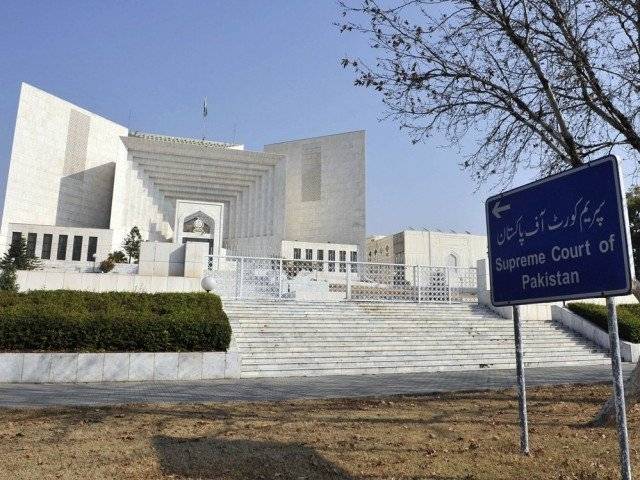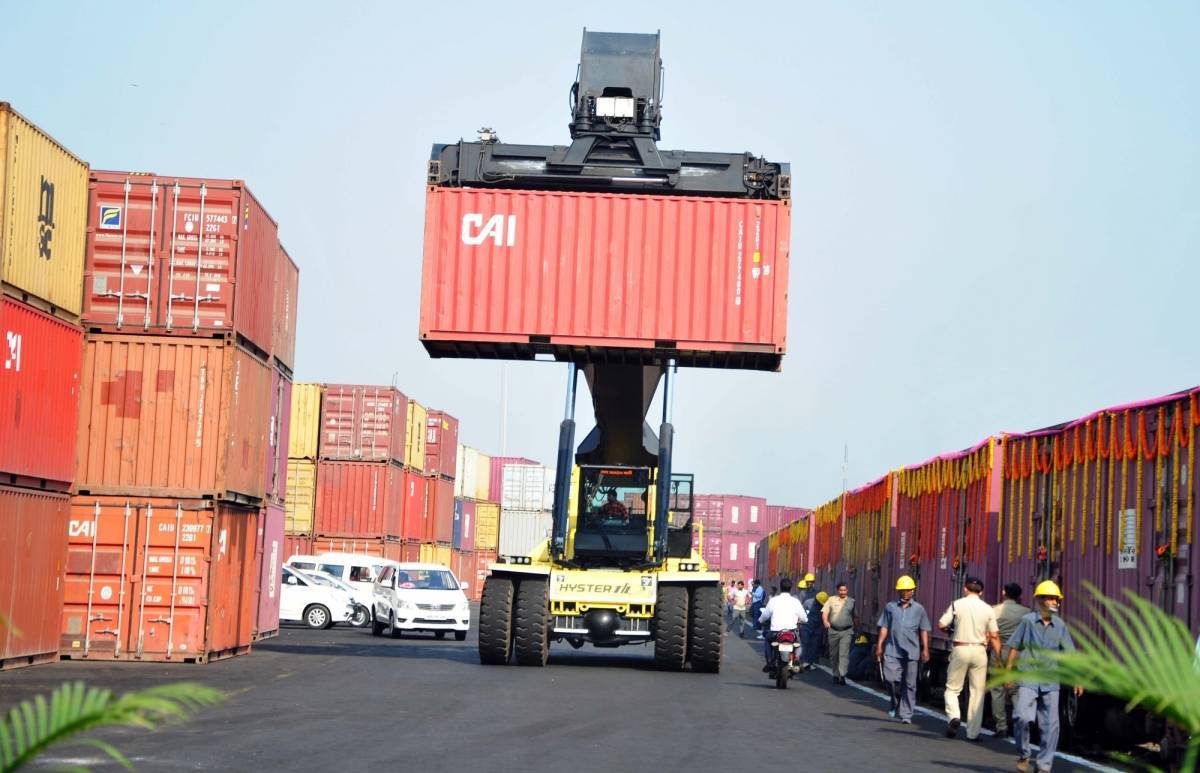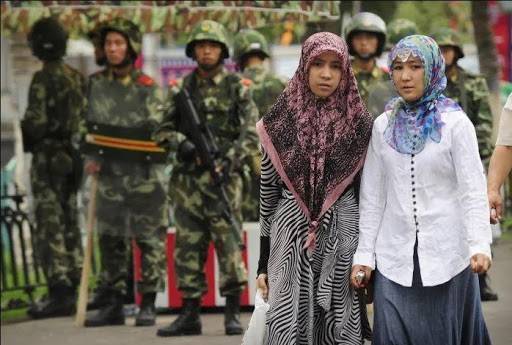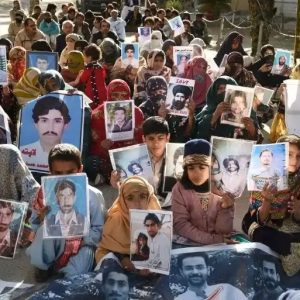Justice Minallah said if anybody goes missing in 2002 then the chief executive of that time should be held responsible and perhaps they should be asked to pay the compensation….reports Asian Lite News
Instructing the Imran Khan government to satisfy the family of a missing journalist and blogger Mudasir Naro, the Islamabad High Court on Wednesday observed that it is the prime minister and the cabinet that are responsible for the recovery of missing persons, reported Geo TV.
The responsibility of missing persons falls on the shoulders of the prime minister and the cabinet, the court observed. It was noted that perhaps instead of the state, the prime minister and cabinet members should be asked to pay the compensation due so that this matter could be laid to rest once and for all, said The News International.
Justice Minallah said if anybody goes missing in 2002 then the chief executive of that time should be held responsible and perhaps they should be asked to pay the compensation.
The court also sought an opinion from Minister for Human Rights Shireen Mazari regarding payment of compensation to the victim’s family from the pocket of the then chief executive of the country.
All law enforcement agencies were under the control of the federal government, said the chief justice, adding that it was not a matter of summaries or reports.
The court also observed that the wife of the missing citizen had died.
Stating that it was the responsibility of the government to look after the children and satisfy the other family members of the missing person, the chief justice asked the minister to take the concerned family to the cabinet and to the prime minister, according to Geo News.
Last week, a UK based human rights group has called for Pakistani authorities to end the use of enforced disappearances as a tool of state policy as it released new evidence documenting the effect of illegal abductions on the families of those victims.

The briefing, titled “Living Ghosts”, was released by Amnesty International, and is based on interviews with 10 family members of people “whose fate remains unknown after they were abducted by Pakistan’s security services”.
Although cases have been documented as far back as the mid-1980s, the practice has been routinely used by Pakistan’s intelligence services since the inception of the so-called “War on Terror” in 2001, to target human rights defenders, political activists, students, and journalists, with the fate of hundreds of victims still unknown, the rights group said.
A proposed amendment to outlaw enforced disappearances has been mired in the legislative process for more than two and a half years and the current iteration does not conform with international human rights law and best practices, it added.
“Enforced disappearance is a cruel practice that has caused indelible pain to hundreds of families in Pakistan over the past two decades. On top of the untold anguish of losing a loved one and having no idea of their whereabouts or safety, families endure other long-term effects including ill-health and financial problems,” said Rehab Mahamoor, Amnesty International’s Acting South Asia Researcher.
“It’s a punishment without end that Pakistan’s authorities must consign to history. As well as expediting the criminalization of enforced disappearance through legislation in line with international human rights law, the authorities must immediately disclose the fate and whereabouts of all victims to their families and release those still being held.”
Amnesty International also called for all those suspected of criminal responsibility for committing an enforced disappearance to be brought to justice in fair trials before ordinary civilian courts and without recourse to the death penalty.
The rights group spoke to the family members of 10 people whose fate remains unknown after they were abducted by Pakistan’s security services. “Each of them described resultant stress-related health issues including high blood pressure, cardiac conditions, and gastro-intestinal illnesses. Affected families also suffer financial consequences, as the disappeared are invariably the main breadwinner.”
According to the Amnesty report, the families of those forcibly disappeared often face an impossible choice between staying silent in the aftermath of an abduction or risking the loss of their loved one forever. (ANI)














